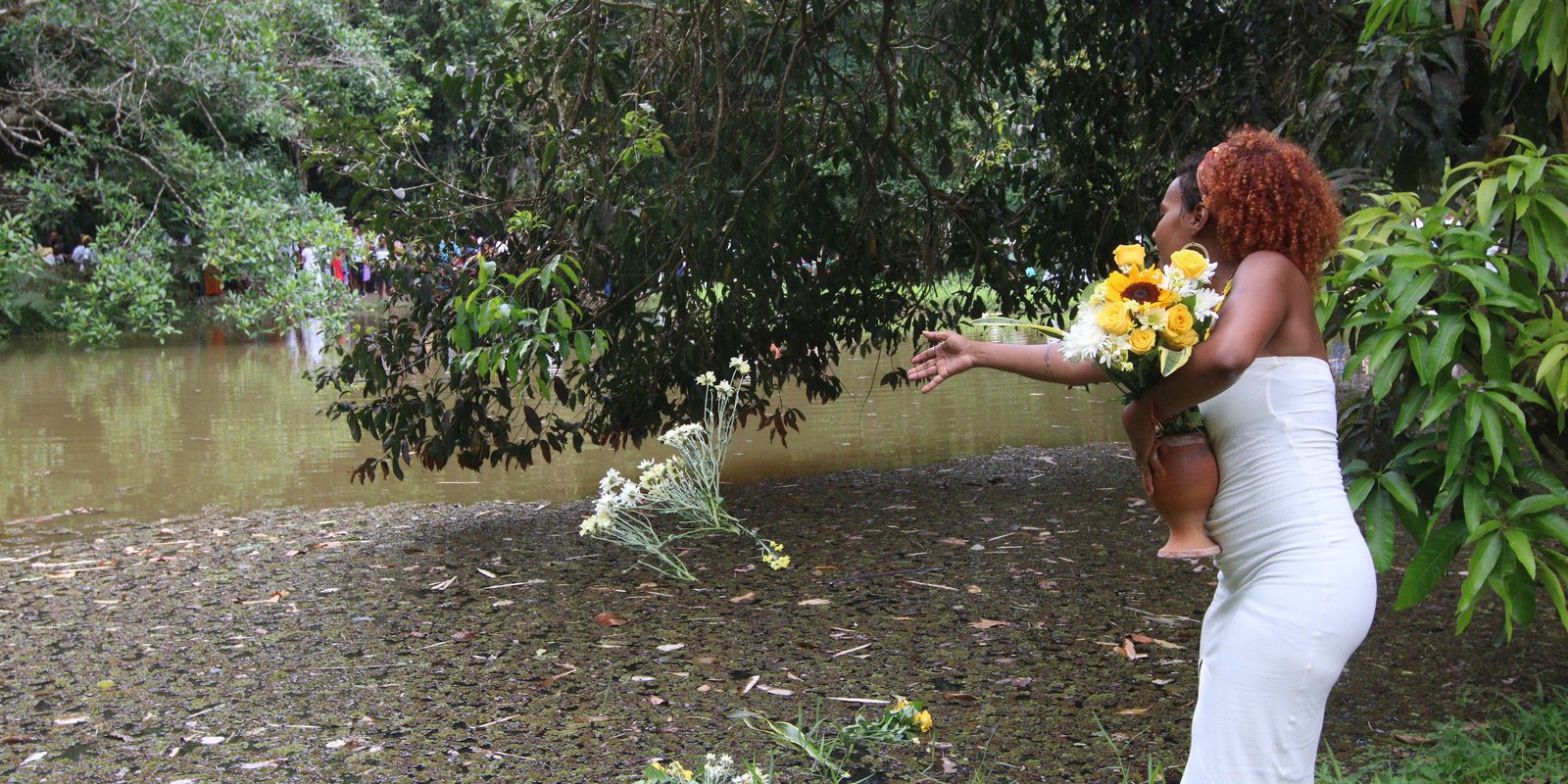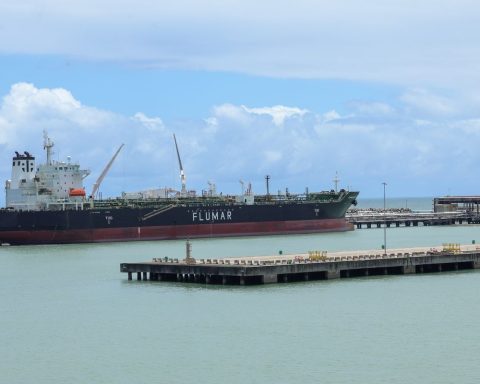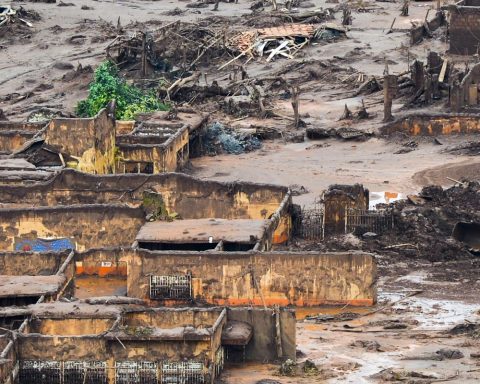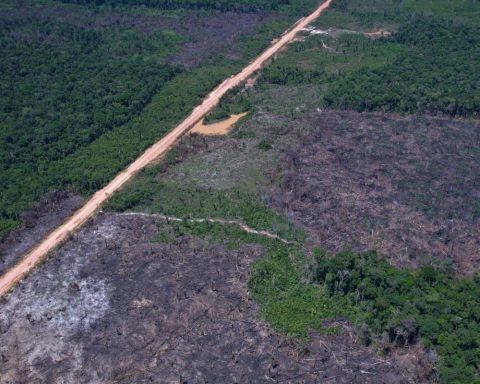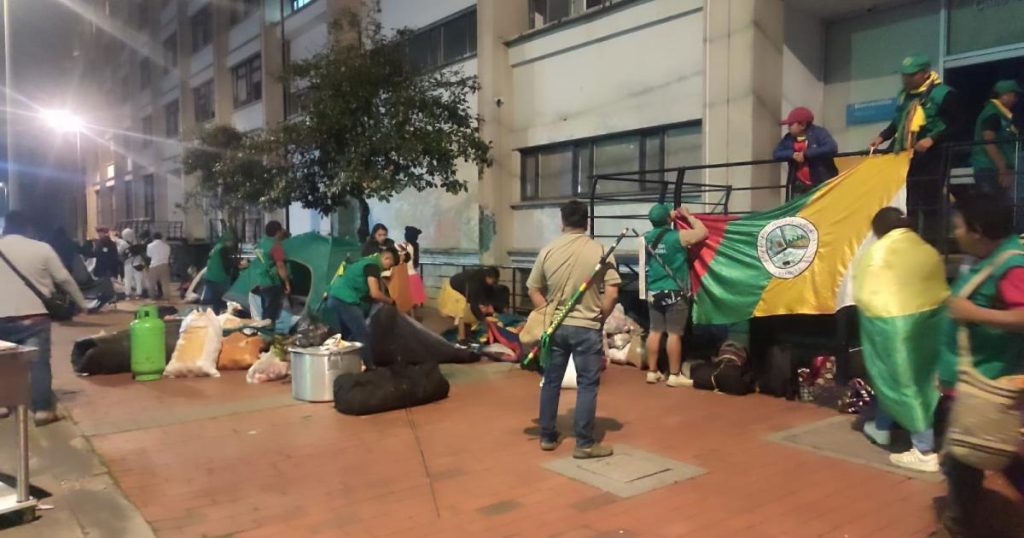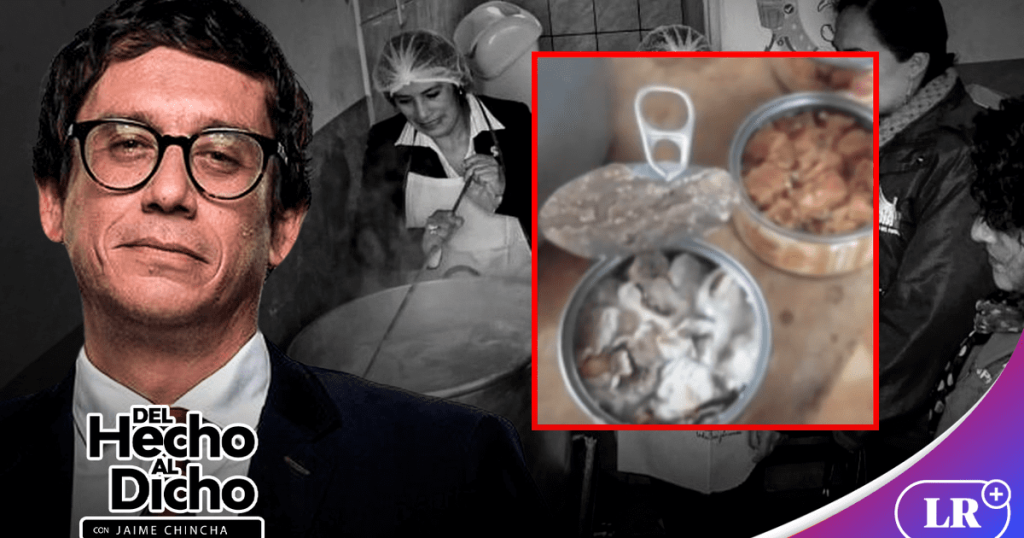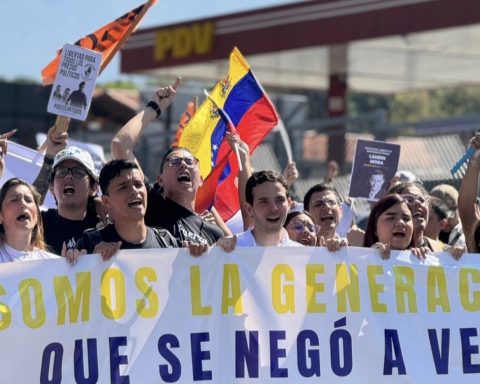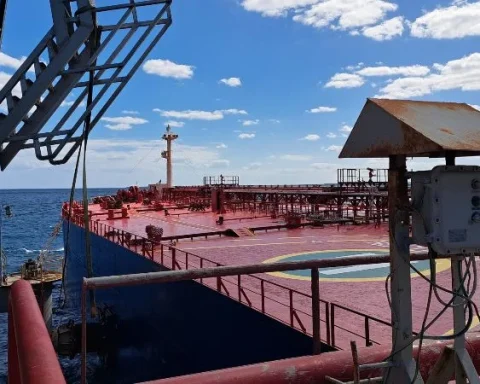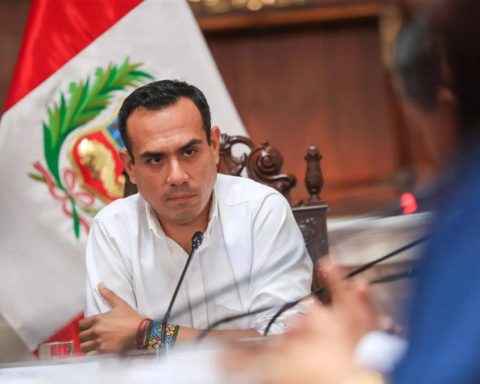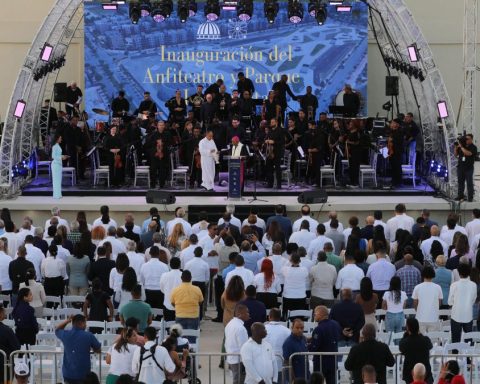Pain filled the eyes of the residents of União dos Palmares (AL), who are experiencing collective mourning after the death of 18 people in a bus accident in Serra da Barriga, a place considered historic for Brazil and sacred to African-based religions. The other 30 people on board the vehicle are injured. Passengers on the city hall bus would visit the highest point of the mountain. The religious Mother Neide Oyá D’Oxum, 62 years old, who has lived in the region for more than four decades, has a restaurant close to the scene of the accident and testifies that the city is deeply shaken 
“We are experiencing collective mourning on sacred ground where people will revere our ancestors. I understand that it was a fatality. This project to visit the mountains has given a lot of visibility to Quilombo dos Palmares and belonging to the people who fight for the black cause”. She explains that, in fact, the route requires attention and drivers travel at low speed so that nature can be seen.
The bus transported people who would arrive at the Serra da Barriga plateau to visit the historic site considered sacred. This is because the local city hall promotes the “Pôr do Sol na Serra” project and provides the bus for the visit. The city was busier because of the celebrations of November 20th, Black Awareness Day. The Civil Police are investigating whether the vehicle was fit for service.
According to professor Clébio Correia, from the Federal University of Alagoas (Ufal), black movement organizations are deeply shaken by the tragedy. “November 20th was, for the first time, a national holiday. The entire state of Alagoas is in mourning.”
The coordinator of the Raízes de Áfricas Institute, Arísia Barros, also regretted the accident and recalled that she was once afraid of the road conditions. “Once, the car we were in spun out on the track, when it was a dirt road.” The asphalting was done in 2019. “This is the daily path of students who go to school”, he warned.
Help from the population
The sound of ambulances and reports of an accident in Serra da Barriga caused Alagoas journalist Rayane Silva, 27, resident of União dos Palmares (AL), to run out of her house. She grabbed bottles of water and offered to help rescue the victims of the bus that plunged into a cliff. “A lot of people from the city went there to help the firefighters.”
“Everything was very chaotic.” She understands that the population was essential in helping with the rescue. Rayane explains that it is a region of dense forest and very steep terrain. “There was a lot of rock and it was very slippery. People were being removed by hand and placed on stretchers with the help of the population. Generally, six or seven people carried victim per victim. I have no idea how many people I helped”, testifies the resident who arrived at the scene of the accident via a road in the lower part of the mountain.
The journalist explains that, initially, the rescue took place by climbing with the victims. They were then taken to a side road closer to where the bus crashed. “I confess that after the situation passed, I began to understand who the people were. It was very shocking. I remember a boy who recognized his sister’s body. He sat on the side.”
Rayane even talked to a tour guide who was on the bus and got out of the vehicle seconds before the bus went out of control and went backwards into the forest. “He told me that when the bus was going up the mountain, everyone heard a noise like a hose bursting. The driver (who died) stopped the bus and asked people to get off. When he opened the door, this boy was the first and only one to get out.” She also witnessed the rescue of a pregnant woman who had her baby at Hospital da Mata on Sunday.
Heritage
Located in the municipality of União dos Palmares, Zona da Mata in the state of Alagoas, Serra da Barriga covers an area of approximately 27.92 square kilometers (km²) and has been included, since 2017, as a Brazilian cultural heritage inscribed in the Book of Historical Tomb and in the Book of Archaeological, Ethnographic and Landscape Tombo since 1986. In May 2017, the community also received the title of cultural heritage of Mercosul.
According to the Anajô Center for Culture and Ethnic Studies, an entity linked to the Associação Cultural Agentes de Pastoral Negros do Brasil, the victims were heading to the Quilombo dos Palmares Memorial Park to watch the sunset.
“We are even more sorry that this tragedy marks Black Consciousness Month with extreme sadness and pain, in a territory of such historical importance”, wrote the movement in a note of condolence. The Minister of Racial Equality, Anielle Franco, also highlighted the impact on the region. “In such an important month for the entire country, for Black Consciousness, especially for the Quilombo dos Palmares region, this tragedy saddens us even more deeply.”
Landscape
According to the National Historical and Artistic Heritage Institute (Iphan), back in the 18th century, the headquarters of Quilombo dos Palmares was established in Serra da Barriga, in Quilombo dos Macacos. “In the natural and built landscape, there is also a large number of palm trees which, according to historians, gave rise to the name Palmares”.
Among the characteristics of Serra da Barriga are springs that feed a dam and a lagoon, called Lagoa dos Negros – according to the National Historical and Artistic Heritage Institute (Iphan), one of the places considered sacred by the community, where religious people of African origin perform rituals .
“Quilombo dos Palmares represents a milestone in the slave struggle in Brazil. This process concerns African ancestors who manifest themselves in the immaterial forms of their religions, their gods, myths, sacred cult objects, everyday artifacts, foods, cultural expressions and some geographic spaces maintained by their descendants as sacred or preservation sites. of the history of black people brought from Africa.”
